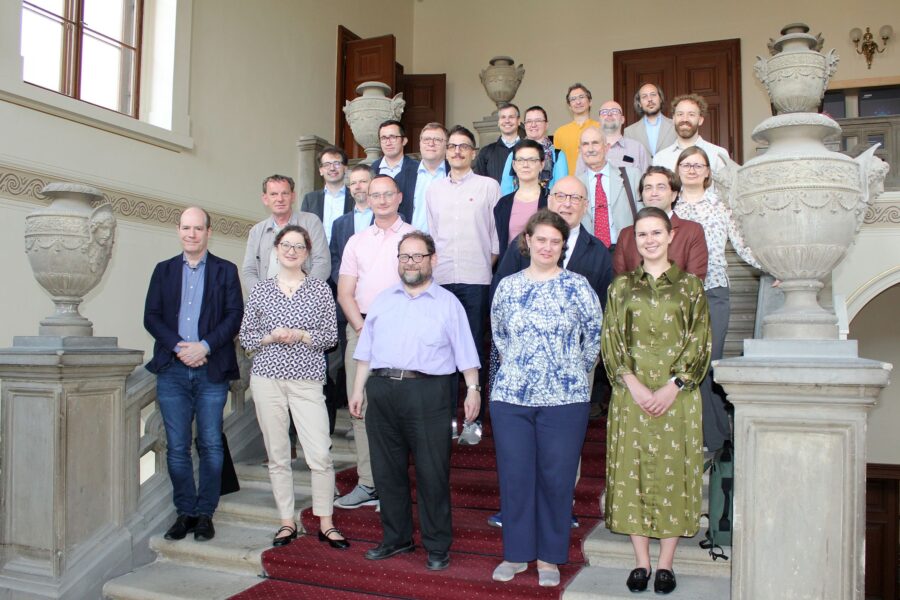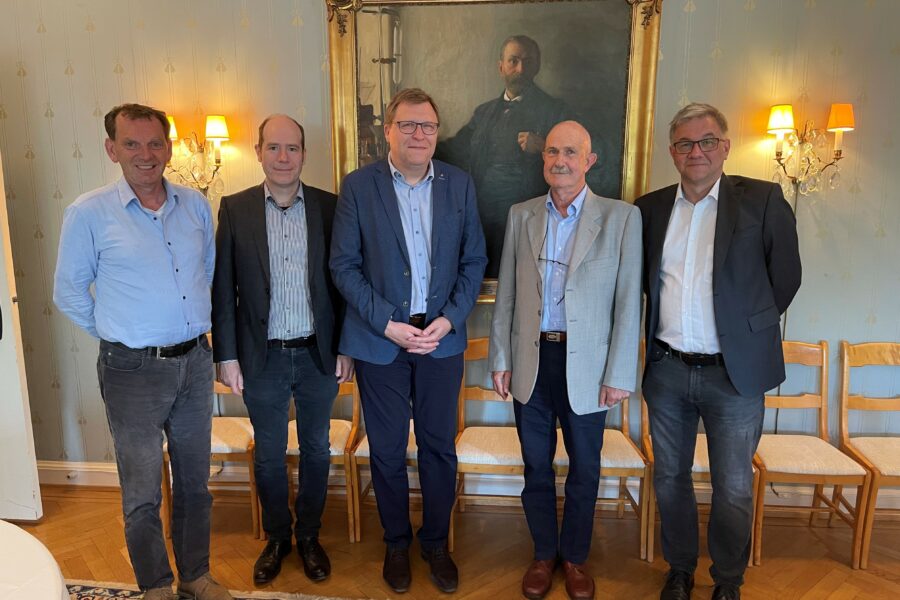Developing Science Policy in occupied and liberated Europe, ca. 1930s–1960s
Is there a Nazi science policy and what does it consist of? How is it practiced in the occupied countries and how do national research systems emerge in Cold-War-Europe? The goal of the conference in Vienna was to provide an overview of the development of science policy in occupied and liberated Europe, ca. 1930s–1960s as a basis for comparison. The conference aimed at two perspectives of comparison – between the various occupied countries in Nazi Europe and between East and West in Cold-War-Europe.

Specific questions to be negotiated in the conference were: What changed in science and research in Nazi occupied Europe, what changed after liberation in communist and western-oriented countries? To what extent did central authorities of the German Reich pursue research and university policies in and for the occupied countries, and how did German authorities and institutions interact with local actors? To what extent are there differences between territories integrated into the Third Reich and occupied territories? Did local actors set themselves research initiatives?
Who determined what was researched? Which research was funded, which was not? What role did the Academies of Sciences play, which other institutions were doing research in occupied Europe? How was science (re)organized and funded after liberation? Did the research system in individual countries benefit from the Cold War, and how? How did national research systems emerge in Cold-War-Europe (including both the communist and the OECD member countries)?
The conference was hosted by the Austrian Academy of Sciences from Wednesday, 31 May to Friday, 2 June, 2023. The conference focused on Austria’s “Anschluss” and its influence on scientific organizations. The Nazification of universities and science policy in the occupied countries were also discussed. For the post-war period, breaks and continuities were identified and science policy and diplomacy in times of the Cold War were reviewed.
CONTACT





